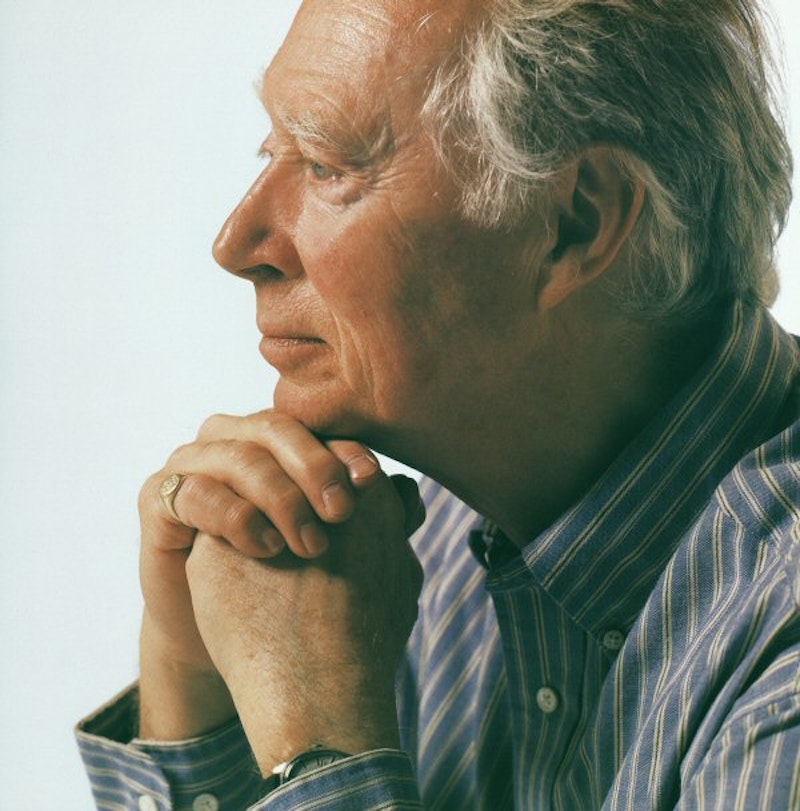Michael Snow: It’s not so much investigating the world as using different kinds of representational situations to make something that doesn’t actually exist in the world.
Ian Frazier: Yeah, technical terms from ultra-weird porno from years gone by. I’m actually thinking it’s too easy.
Snow: Unfortunately, they got lost and have since disappeared.
Frazier: They’d love that. You go there, and you’re through.
Snow: They booed and hissed and threw things at the screen.
•••
Frazier: It might make you feel better about yourself, but the side effect is isolation.
Snow: I didn’t know what that meant and it took me a long time to figure out what it might mean.
•••
Frazier: There’s something, to me, calming about knowing the end of the story, knowing the punch line.
Snow: Absolutely. And there are arguments about whether it should be done.
Frazier: I have persuaded myself.
•••
Snow: Her name was Michelle and I still have a photograph of her.
Frazier: It’s just a picture, very symbolic.
•••
Snow: But equally important is that it’s a camera motion picture—it’s about moving the camera in a totally open three-dimensional space that turns out to be a landscape.
Frazier: And what everybody has tried to do is either chip through it, or just hop on top and be part of the accumulated coral.
Snow: Especially Cologne, because you arrived at the train station and the cathedral had survived but the rest of the city was just rubble.
Frazier: It’s like you’ve gotten in the back of a taxicab and you realize the cab driver is completely lost and is just driving.
Snow: I think all of us sympathize in a way.

